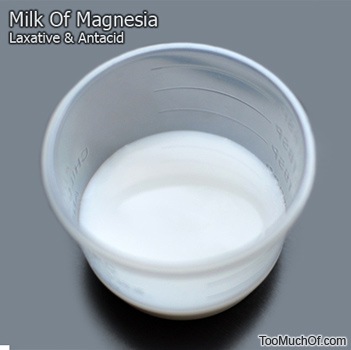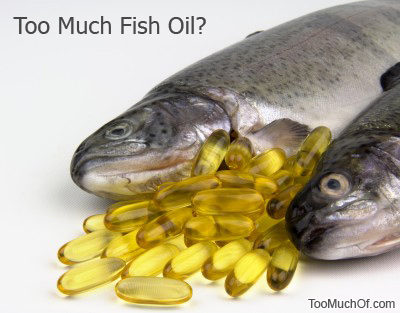What is Tyramine?
Tyramine is a naturally occurring compound that forms when proteins in certain foods break down through bacterial action, fermentation, or aging processes. It is present in a variety of foods, including aged cheeses like blue cheese, cheddar, and Swiss; cured meats such as salami and pepperoni; fermented foods like sauerkraut and kimchi; and some fruits and vegetables, including bananas, avocados, and tomatoes. ...



 Milk of Magnesia (magnesium hydroxide) is commonly used as a laxative or an antacid. The effect is a dosage dependent. It is sold in form of capsules, liquids and chewable tablets as a medicinal aid for constipation or a heartburn.
Milk of Magnesia (magnesium hydroxide) is commonly used as a laxative or an antacid. The effect is a dosage dependent. It is sold in form of capsules, liquids and chewable tablets as a medicinal aid for constipation or a heartburn.  Fish Oil (an omega-3 oil) is an extract from the tissues of oily fish. Fish Oils composed of omega-3 fatty acids known as EPA (eicosapentaenoic acid) and DHA (docosahexaenoic acid). These compounds were found to reduce inflammation and provide other health benefits.
Fish Oil (an omega-3 oil) is an extract from the tissues of oily fish. Fish Oils composed of omega-3 fatty acids known as EPA (eicosapentaenoic acid) and DHA (docosahexaenoic acid). These compounds were found to reduce inflammation and provide other health benefits. 

